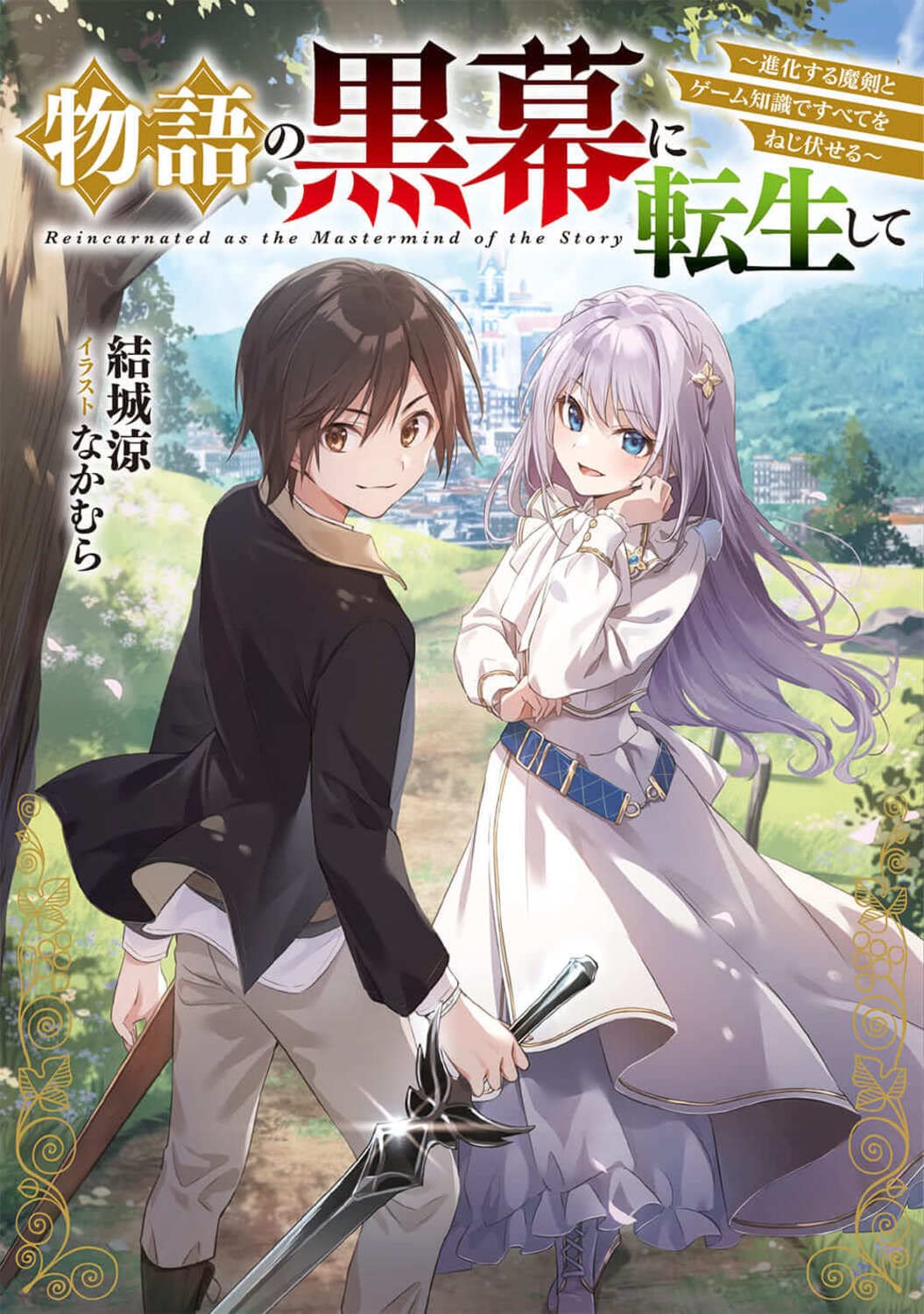
Kays Translations
Just another Isekai Lover~
Chapter 24: Old Soldiers Never Die
The muffled crack of gunfire erupted from somewhere in the darkness, at least two streets away. At first it came in short bursts, but soon the sound multiplied, rattling across the night like beans poured into a hot pan.
Moments later, a sudden blaze flared up in the distance, licking upward with hungry tongues of flame. The firefight illuminated the night and, with his unusually sharp eyesight, Marlon finally saw clearly—the gunfight had broken out at the very crossroads where he had nearly lost his life not long ago.
“Master Marlon… should we have everyone put out their torches? Carrying fire through the streets like this makes us far too conspicuous…”
The voice came from a grizzled veteran, his figure limping forward, rifle in hand. He echoed the way Adela always addressed Marlon, as though the title came naturally to him now.
Yes—this was the same crippled soldier from before. The one who should have been long dead.
But no—he wasn’t merely alive. The very limbs he had lost in battle—an arm, a leg—had been restored, whole again as though reborn by miracle. Impossible. Utterly impossible!
Catching Marlon’s astonished gaze, the veteran gave a nervous, almost guilty smile. He tugged at the front of his blood-soaked tunic, revealing a gory chest wound. “Mr. Delft is a good man,” he explained in a hoarse voice. “He told me that Master Marlon never neglects those who help him. That I deserved to be healed. And so… Mr. Delft used one of those priceless scrolls of Healing of Mortal Wounds to save me. He didn’t just spare my life—he gave me back the arm and leg I’d thought gone forever.”
Until tonight, this old soldier’s impression of Marlon had been simple: our little Marlon—the generous, kindhearted young writer and philanthropist.
That same Marlon who had vowed to build an almshouse for veterans. The veteran had already received word that once the institution was finished, he would be welcomed to live there in peace.
Not only he—every disabled veteran who had stepped forward earlier had been given the same promise.
And more: many of their sons and daughters had already been hired by the old paladin, Carnegie, under the principle of “priority to veterans’ families.” They labored at the construction sites of the orphanage and almshouse, with the promise of more stable work if they proved themselves.
That was why this rifle-bearing cripple and his comrades had rallied to Marlon’s side without hesitation.
And now, after witnessing Marlon hurl the Book of Aery—worth an astronomical one hundred and ten thousand lants—straight into the hands of brigands, just to preserve their lives… the old soldier’s admiration for him had sunk into his bones.
Not ten, not twelve—there had been exactly eleven veterans, himself included.
Never in his life had he thought his existence could be measured against such impossible wealth.
Hah… to shed blood for the nation, to lose an arm and a leg on the battlefield, to earn medal after medal, and what did I receive? Five hundred lants. Five hundred! For my retirement and my broken body.
But Marlon—Marlon had gambled away more than ten thousand lants just to keep him alive.
And then there was that scroll. The one worth at least three thousand five hundred lants. The one that had dragged him back from the brink of death and restored what he had lost.
What the others thought, he did not know. But as for himself—his life now belonged wholly to Marlon. That much was certain.
And because of that decision in his heart, his respect toward Marlon had deepened into reverence.
True, it was Delft who had wielded the magic that saved him. But the soldier could not separate the act from Marlon, whose name and promise had made it possible. To Marlon, it seemed, Delft had cleverly bound gratitude to him while bestowing the boon. Ah… the cunning of age. This old mind-mage is too shrewd. Not only did he win a veteran’s loyalty, but he made me indebted as well.
Still—debts were debts. One more favor on the heap. Too many to count, but someday, somehow, he would repay them.
“Master Marlon… should we let the men extinguish their torches?”
The veteran asked again, breaking Marlon’s silence. This time he gestured toward the others with a military hand signal—universal in the army, no matter the unit—to put out all light sources.
But Marlon surprised him.
“No. The torches stay lit.”
Marlon’s voice was steady, his head shaking firmly. “Not only that—we must call out to the people along the street. Tell them their homes are no longer safe tonight. If they want to live through this night… they should come with us.”
His sharp vision caught every flicker of movement along the roadside hovels—eyes peering out from the dark, a mixture of fear and desperate hope.
If he left them, many would be swept away in the chaos of this demon-haunted night. Cut down, or worse.
“This cannot be! Absolutely not! Master Marlon, this would put you in grave danger!”
The veteran froze, then barked his protest with fervor.
“It’s fine,” Marlon answered with a faint smile. “I don’t carry anything worth more than ten lants anymore.”
Seeing the veteran ready to argue further, he added smoothly, “Uncle, you could organize the men according to military ranks. Protect us—the women, the children, the elderly—just as you once did in the army.”
Even Marlon himself was surprised at how reasonable the argument sounded. He pressed on eagerly: “Think of it—if we stay small, some gang could surround us. Who knows if they carry guns? I won’t allow you, Amy, Uncle Bernard, or anyone else to be thrown into such danger. But if our ranks swell, if we march as a great crowd, then who would dare prey upon us? Just like green recruits on their first battlefield—they fear numbers. These brigands will be no different, too cowardly to strike a massed force. Don’t you agree?”
The veteran could only gape at him. And then, the final straw: Marlon gently took little Amy’s hand, smiling.
“Besides… with Amy here by my side, how could danger ever reach me?”
The fox-girl’s ears flicked up, her cheeks flushing at the public gesture. At first she looked shy, eyes lowered—but when she heard Marlon declare that her presence meant safety, her eyes curved into delighted crescents. Yes! That’s right! I really am amazing!
The veteran sighed, beaten in heart and soul.
This boy… no, this young man was born to command.
“Master Marlon… please, don’t call me uncle anymore. Call me Old Andrew. And I’ll see your orders carried out to the letter!”
And so, utterly convinced, Old Andrew obeyed.
The torches stayed lit. And the call went out.
The other veterans hadn’t even waited for Andrew’s command. They had heard everything—clear as day—and already began shouting down the alleys, summoning the people forth.
With Marlon’s name, and the promise of safety, it didn’t take long.
One by one, families crept from their shacks, clutching what little food or valuables they had. They gathered to Marlon’s growing band. First one, then two, then three, then four…
Old Andrew, the survivor of a hundred battles, imposed order on the swelling throng. With the aid of his ten comrades, he pulled the women and children to the center, shielded by the men.
Any boy tall enough to reach a wagon’s side was placed on the outer ring. The makeshift militia took shape—five men to a squad, each squad under a veteran’s command, five squads forming a larger unit with a captain at its head.
Step by step, the force expanded as they marched.
By the time they had passed just two intersections, Marlon was astonished to find that under Old Andrew’s discipline, thirteen squads had been mustered—armed with little more than clubs, knives, fishbones, and scraps of wood, but organized nonetheless into soldiers of necessity.
And the women and children? There were five times as many. For the first time, Marlon realized just how many women lived within the slums. A vast, unseen multitude, now brought together under the glow of torchlight, moving as one.
